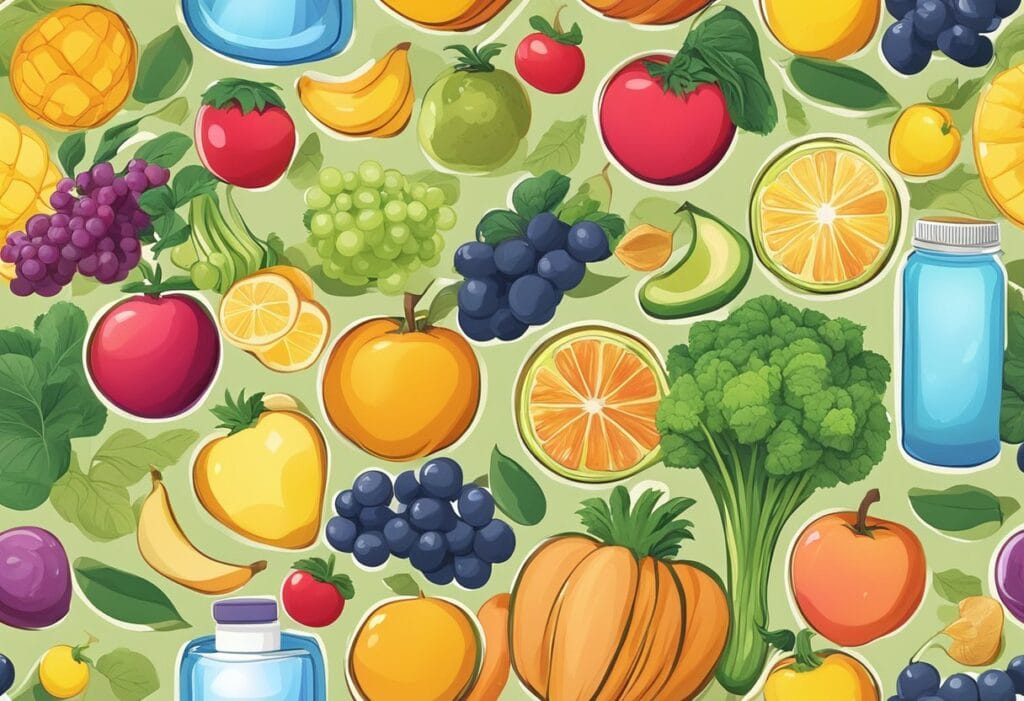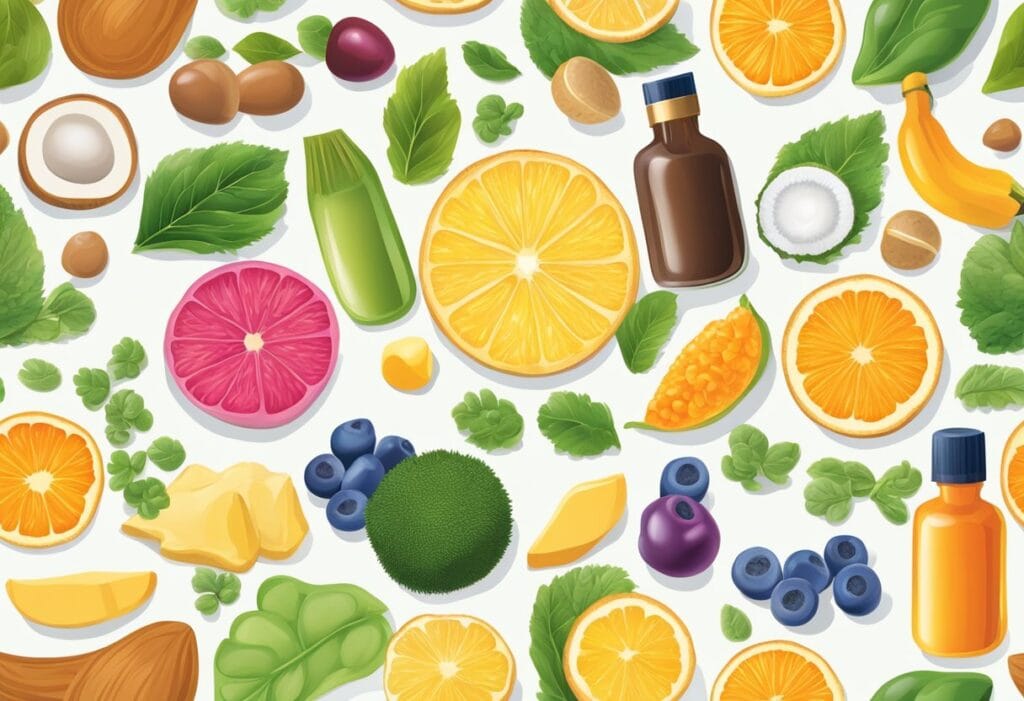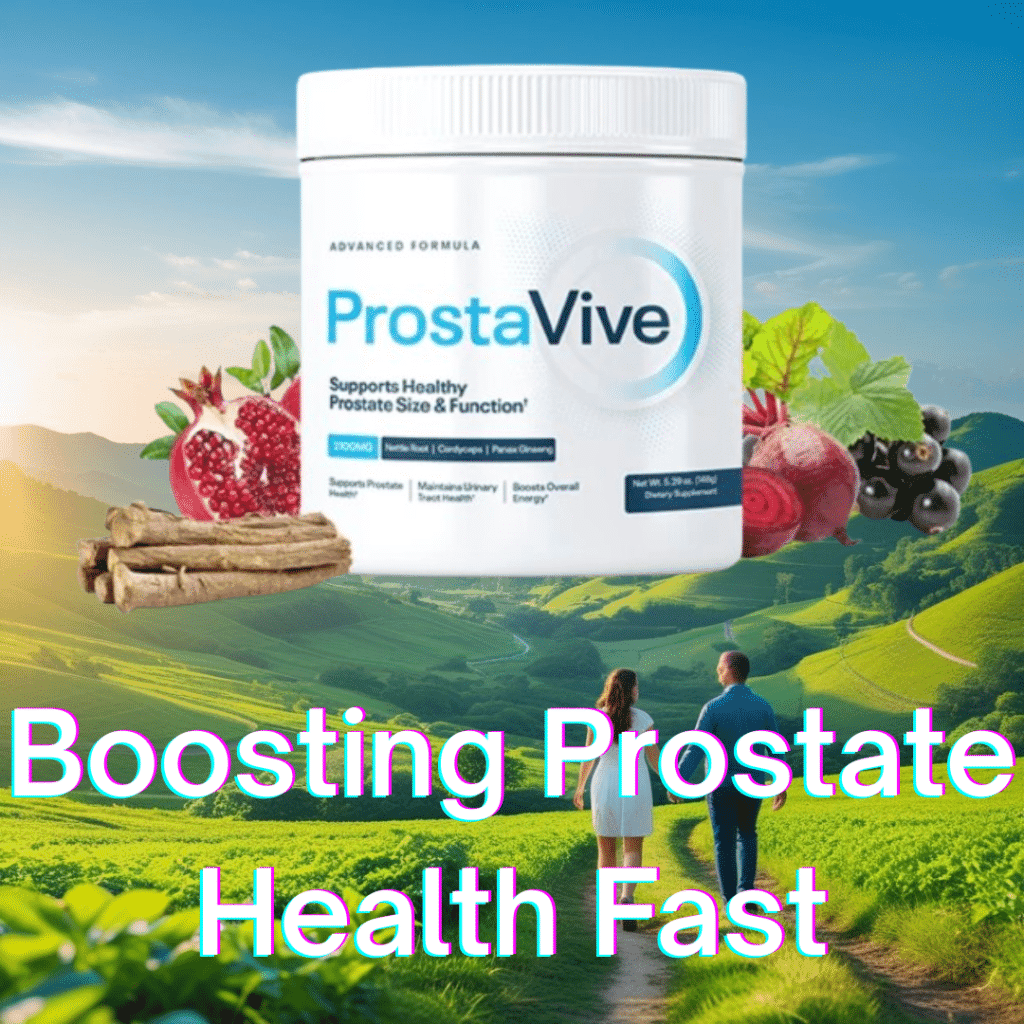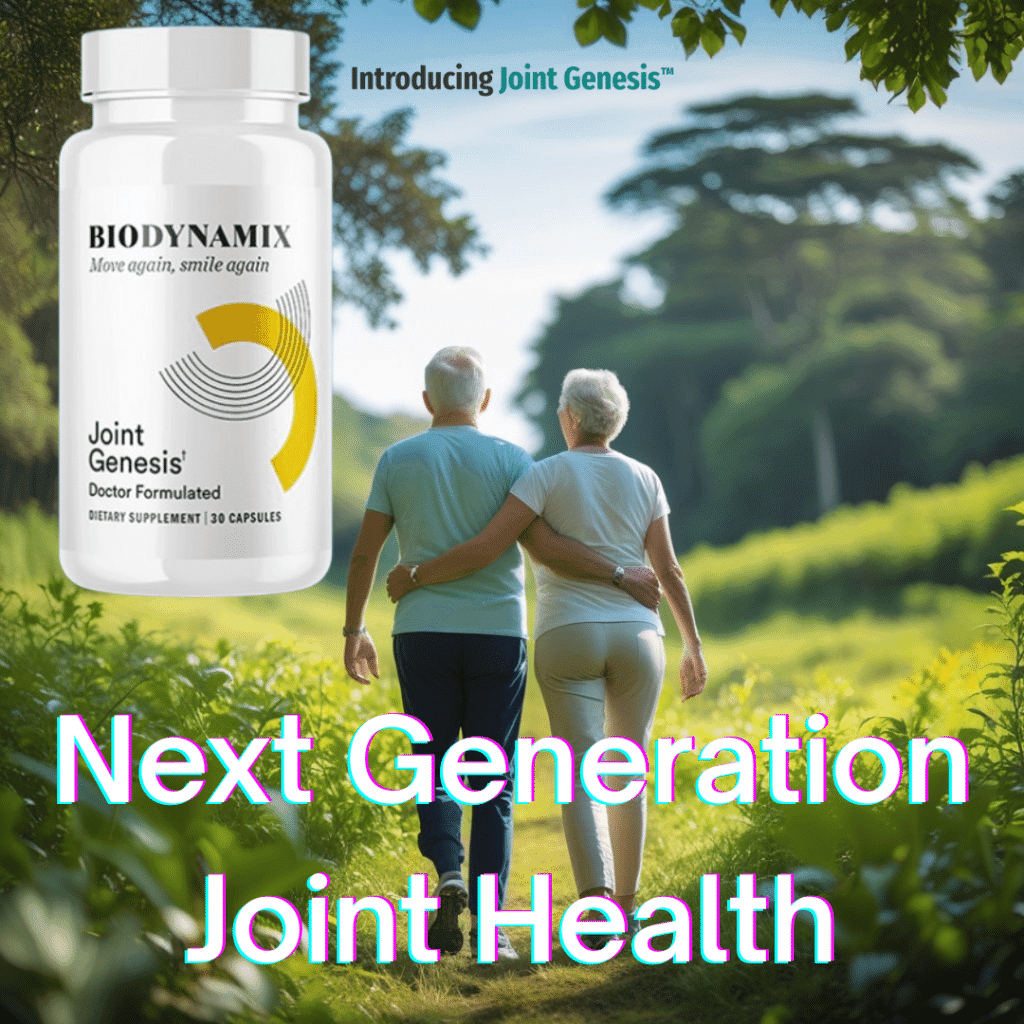As we age, our skin and hair may lose their natural luster and vitality. To preserve healthy skin and hair throughout the aging process, it’s essential to prioritize the right blend of vitamins and nutrients in our daily meals. Over time, our skin and hair can gradually lose their inherent glow and strength, a change influenced by a combination of genetic predispositions and external environmental challenges. However, by adopting a proactive approach to our dietary habits, we can effectively counteract these effects.
Nourishing our bodies with key vitamins such as A, C, E, and B-complex, alongside vital minerals like zinc and selenium, can significantly contribute to the resilience and vitality of our skin and hair. Incorporating a variety of whole foods, staying hydrated, and possibly integrating quality supplements can all play a pivotal role in maintaining their health and appearance as we navigate the complexities of aging.

Essential Vitamins for Skin Health: Vitamins play a crucial role in maintaining healthy skin. Vitamin A, for example, is important for cell growth and repair, while vitamin C helps to protect skin from damage caused by free radicals. Vitamin E is another important nutrient for skin health, as it helps to protect against sun damage and may also help to reduce the appearance of fine lines and wrinkles.
Key Nutrients for Hair Vitality: In addition to vitamins, there are also key nutrients that are important for maintaining healthy hair. Biotin, for example, is a B-vitamin that is essential for healthy hair growth, while iron helps to support healthy blood flow to the scalp. Omega-3 fatty acids, which are found in fatty fish like salmon and sardines, may also help to support healthy hair growth.
Nutrition and Supplementation: While it’s important to get vitamins and nutrients from our diet, it can be difficult to get all of the nutrients we need through food alone. This is where supplements can be helpful. There are many supplements available that are specifically formulated to support healthy skin and hair, and many of these supplements contain a combination of vitamins, minerals, and other nutrients that are important for skin and hair health.
Key Takeaways
- Getting the right vitamins and nutrients is important for maintaining healthy skin and hair.
- Key vitamins for skin health include A, C, and E, while biotin, iron, and omega-3 fatty acids are important for healthy hair.
- Supplements can be a helpful way to ensure that we are getting all of the vitamins and nutrients we need for healthy skin and hair.
Table of Contents
Essential Vitamins for Skin Health
Taking care of our skin is an essential part of our daily routine. While there are many products available in the market that claim to improve skin health, the truth is that a healthy diet is one of the most effective ways to achieve glowing, healthy skin. In this section, we will discuss the essential vitamins that play a crucial role in maintaining healthy skin.
Vitamin C and E: Antioxidants and UV Protection
Vitamin C and E are two of the most important vitamins for skin health. They are antioxidants that help protect the skin from free radical damage caused by UV rays and pollution. Vitamin C is essential for collagen production, which is necessary for maintaining skin elasticity. On the other hand, Vitamin E helps to moisturize the skin and reduce inflammation.
Foods rich in Vitamin C include citrus fruits, strawberries, kiwi, and bell peppers. Foods rich in Vitamin E include nuts, seeds, spinach, and avocado. Incorporating these foods into your diet can help improve skin health and protect against sun damage.
Vitamin A: Skin Repair and Maintenance
Vitamin A is essential for skin repair and maintenance. It helps to regulate the production of sebum, which is the oil that keeps our skin moisturized. Vitamin A is also necessary for the production of collagen, which is essential for maintaining skin elasticity.
Foods rich in Vitamin A include sweet potatoes, carrots, spinach, and kale. It is important to note that consuming too much Vitamin A can be harmful, so it is essential to get the recommended daily intake from food sources or supplements.
Vitamin D: Inflammation and Skin Defense
Vitamin D is essential for maintaining healthy skin. It helps to reduce inflammation and protect against skin damage caused by UV rays. Vitamin D is also necessary for the production of antimicrobial peptides, which help to defend the skin against harmful bacteria and viruses.
Foods rich in Vitamin D include fatty fish, egg yolks, and mushrooms. However, it can be challenging to get enough Vitamin D from food sources alone, so it is essential to get enough sunlight exposure or take supplements.
Key Nutrients for Hair Vitality
When it comes to healthy hair, there are a few key nutrients that are essential for promoting hair growth and maintaining hair health. In this section, we’ll explore the benefits of biotin and keratin, iron and zinc, and omega-3 fatty acids for hair vitality.
Biotin and Keratin: Building Blocks of Hair
Biotin and keratin are two of the most important building blocks of hair. Biotin is a B-vitamin that helps to strengthen hair and nails, while keratin is a protein that makes up the structure of hair. Both biotin and keratin are essential for healthy hair growth.
Foods that are rich in biotin include eggs, nuts, and whole grains. Keratin can be found in foods like meat, fish, and poultry. In addition, there are many hair care products on the market that contain biotin and keratin to help strengthen and nourish hair.
Iron and Zinc: Supporting Hair Growth
Iron and zinc are two minerals that are essential for supporting hair growth. Iron helps to carry oxygen to the hair follicles, while zinc helps to keep the oil glands around the hair follicles functioning properly.
Foods that are rich in iron include red meat, beans, and leafy green vegetables. Zinc can be found in foods like oysters, beef, and pumpkin seeds. In addition, there are many supplements on the market that contain iron and zinc to help support hair growth.
Omega-3 Fatty Acids: Nourishing Hair and Scalp
Omega-3 fatty acids are essential fatty acids that are important for maintaining healthy hair and scalp. These fatty acids help to nourish the hair follicles and scalp, and can help to reduce inflammation that can lead to hair loss.
Foods that are rich in omega-3 fatty acids include fatty fish like salmon, walnuts, and flaxseeds. In addition, there are many supplements on the market that contain omega-3 fatty acids to help support hair health.
Nutrition and Supplementation

When it comes to maintaining healthy skin and hair, proper nutrition and supplementation are crucial. Our bodies require a variety of vitamins, minerals, and other nutrients to support healthy skin and hair growth. In this section, we will discuss the importance of multivitamins, a balanced diet, and choosing the right supplements for optimal skin and hair health.
Multivitamins: Comprehensive Nutritional Support
One of the best ways to ensure that you are getting all of the necessary nutrients for healthy skin and hair is by taking a daily multivitamin. Multivitamins provide a comprehensive blend of vitamins and minerals that are essential for overall health, including skin and hair health. Look for a multivitamin that contains vitamins A, C, D, and E, as well as biotin, iodine, zinc, and selenium. These vitamins and minerals are key players in maintaining healthy skin and hair.
Balanced Diet: The Foundation of Healthy Skin and Hair
While taking a multivitamin can help fill any nutritional gaps, it is important to remember that a balanced diet is the foundation of healthy skin and hair. Eating a diet rich in fruits, vegetables, whole grains, and lean proteins can provide your body with the nutrients it needs to support healthy skin and hair growth. Some foods that are particularly beneficial for skin and hair health include:
- Fatty fish, such as salmon and mackerel, which are high in omega-3 fatty acids
- Nuts and seeds, which are rich in vitamin E and other essential nutrients
- Leafy greens, such as spinach and kale, which are high in vitamins A and C
- Citrus fruits, which are rich in vitamin C
- Eggs, which are a good source of biotin and other nutrients
Choosing the Right Supplements: Safety and Quality
If you are considering taking dietary supplements to support healthy skin and hair, it is important to choose products that are safe and of high quality. Look for supplements that have been third-party tested by organizations such as NSF, ConsumerLab, or USP to ensure that they contain the ingredients listed on the label and are free from contaminants. It is also a good idea to talk to your doctor before starting any new supplement regimen to ensure that it is safe and appropriate for you.
Additional Factors Affecting Skin and Hair Health

While vitamins play an important role in maintaining healthy skin and hair, there are additional factors that can affect their health. In this section, we’ll discuss two of those factors: hydration and healthy fats, and genetics and age.
Hydration and Healthy Fats: Maintaining Moisture and Elasticity
Proper hydration is essential for maintaining healthy skin and hair. When we don’t drink enough water, our skin can become dry and flaky, and our hair can become brittle and prone to breakage. In addition to drinking water, we can also hydrate our skin and hair by using moisturizers and hair conditioners.
Healthy fats are also important for maintaining moisture and elasticity in our skin and hair. Omega-3 fatty acids, found in foods like salmon and walnuts, can help strengthen hair follicles and improve skin elasticity. Avocado, olive oil, and nuts are also great sources of healthy fats.
Genetics and Age: Understanding Limitations
While we can take steps to maintain the health of our skin and hair, genetics and age also play a role in their appearance. Some people may be predisposed to certain skin conditions, such as acne or rosacea, while others may be more prone to hair loss or premature graying.
As we age, our skin and hair also undergo changes. Our skin may become thinner and less elastic, while our hair may become thinner and more brittle. We can’t control our genetics or stop the aging process, but we can take steps to care for our skin and hair as we age, such as using anti-aging creams and taking supplements that support skin and hair health.
Overall, it’s important to remember that maintaining healthy skin and hair is a holistic process that involves more than just taking vitamins. By staying hydrated, eating a healthy diet that includes healthy fats, and understanding the limitations of our genetics and age, we can help keep our skin and hair looking their best.
If you want to know more, have a look at Bioactive Compounds for Skin Health: A Review










